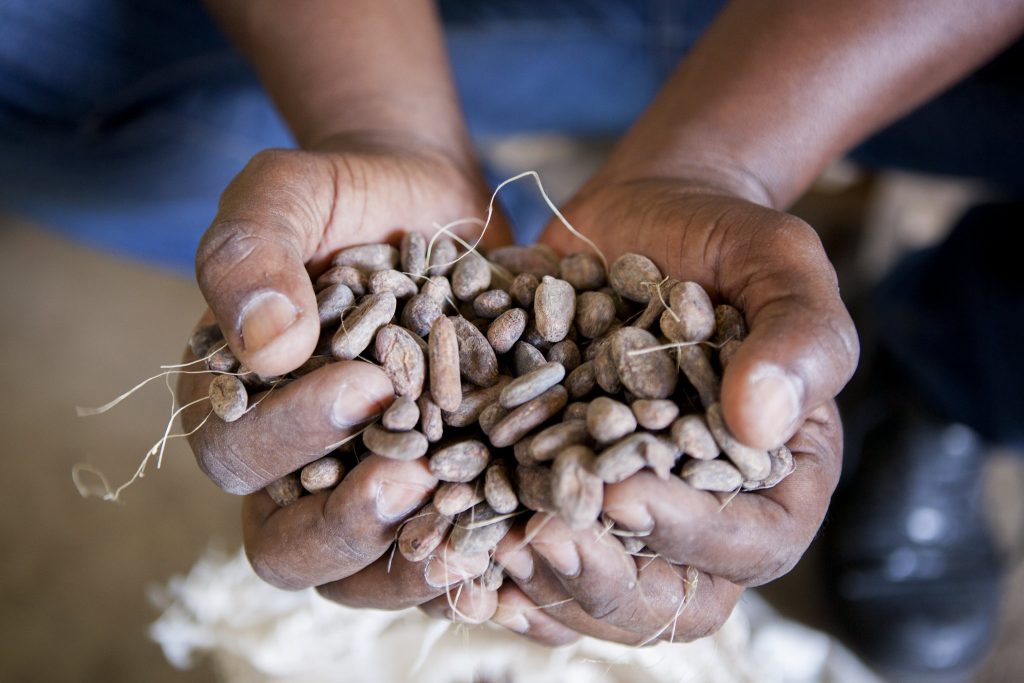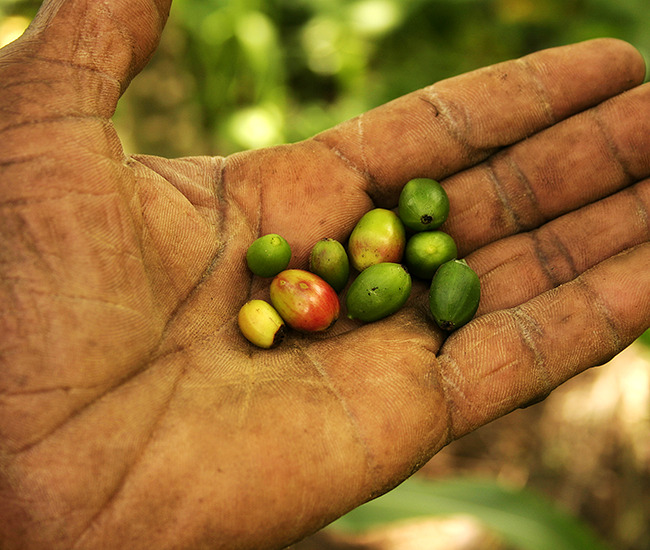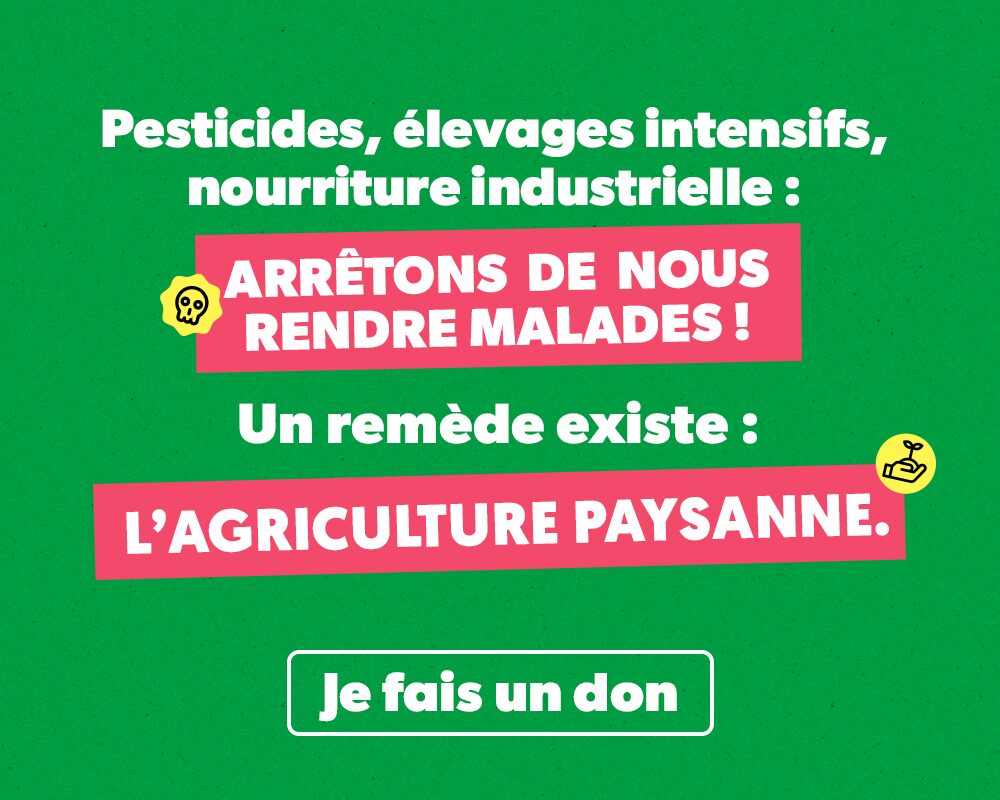There are no hybrid cocoa trees in Haiti. The trees grown there are all older varieties (such as criollo and trinitario), typical to the Caribbean. These older bean varieties are known for their slender shape and powerful aroma and are mainly used in the production of high-end chocolates. Criollo accounts for only 5% of the world’s chocolate production and is a very highly sought-out variety. However, the 4,000 tons of cocoa beans harvested each year in Haiti do not sell for much on the world market, fetching prices that are well below the global average. Whereas other countries in the Caribbean (Trinidad, the Dominican Republic, etc.) have been able to generate higher revenues from their cocoa production, Haiti, the poorest country in the northern hemisphere, generates revenues that are much lower in comparison. Why? Haitian cocoa beans are not fermented. Fermentation of the cocoa beans is a key step in obtaining a high-quality product. The fermentation process is what brings out the aromas in the beans. The consequence is rather simple: Haitian cocoa is exported at very low prices to the American market, where it is mixed with cocoa beans from other sources and used to make ordinary chocolate products. The European market, which demands fine, fermented cocoa beans, shuns the cocoa beans produced in Haiti. And it is the small producers in Haiti, who already live in precarious conditions and depend on the production of cocoa in order to ensure their food security (and sometimes even their very survival!), who are suffering the consequences.
Back in 2009, AVSF decided to start training the small producers of the FECCANO cooperative in Haiti’s Nord department in the techniques of fermentation. Since then, Haitian cocoa has evolved into a product of exceptional quality. Once a low-end, banal product, Haitian cocoa is now becoming a distinguished and highly sought-after product. With the help of our partner Ethiquable, Haitian cocoa has made its way into the French market for the first time ever and is currently being sold in chocolate bars sporting the label: ”72% Pure Haitian Cocoa.” Now, this smallholder-produced cocoa is finding its way onto the shelves of France’s top chocolate stores.
The project supports 2,000 cocoa producers, both men and women, from eight different cooperatives within the Federation – and their families. Over the past four years, AVSF has helped open four cocoa-fermentation facilities as well as a center for collecting and conditioning the cocoa. AVSF has trained the producers from the eight cooperatives in the techniques of production and fermentation and has helped them both obtain ”fair-trade” and ”organic” certification and ensure that they adhere to the standards set forth by these certifications. Finally, AVSF has worked to build the Federation’s technical and commercial capacities and provide permanent managerial and administrative training for leaders and managers.
Thanks to the cocoa-fermentation processes and the access to fair-trade markets that AVSF has helped provide, FECCANO has become the first Haitian organization to export high-quality, fermented (and now organic) cocoa to Europe. As a result, the organization has freed itself from the monopoly that has long been held by a single large exporter. On the whole, however, Haitian cocoa is still largely dominated by two exporters that each have control over a portion of the country in a regional monopoly situation (accounting for 95% of exported cocoa). Thanks to the work of the Ethiquable cooperative, Haitian cocoa beans no longer sell for just $2,300/metric ton on the international market, but can sometimes sell for up to $3,400/metric ton. With FECCANO now buying cocoa from its members at $2,500/metric ton, the exporter (who used to pay less than $1,800/metric ton) has no choice but to increase the prices it pays to producers in order to maintain its purchasing capacity. This benefits all smallholder families, who are then able to reinvest the additional income into their home, the education of their children, and growing crops for their own consumption.
This project is funded by the Doen, Solidaridad, and Progresso foundations (from the Netherlands); the French Development Agency; and the General Council of the Hauts-de-Seine department.








